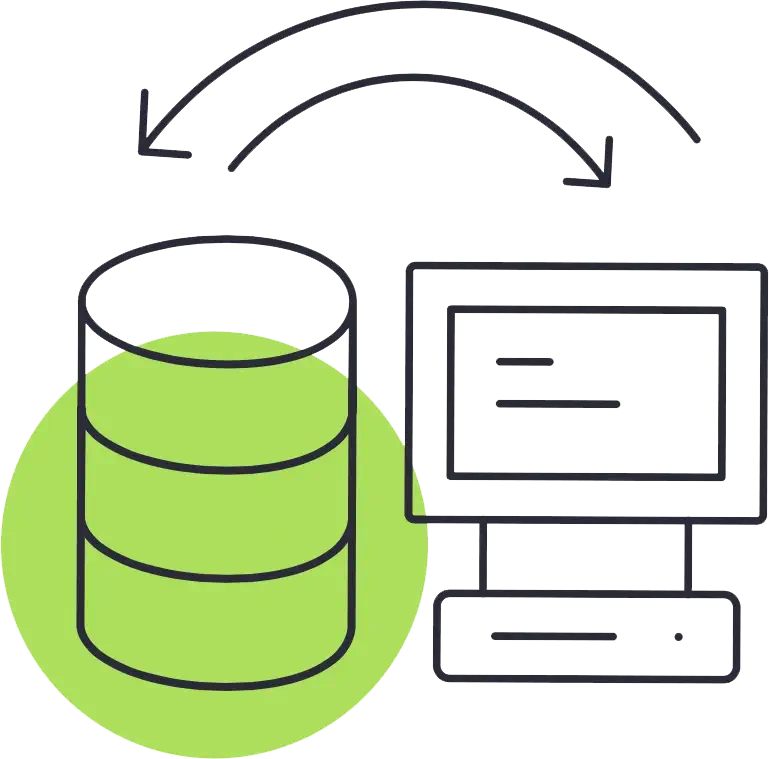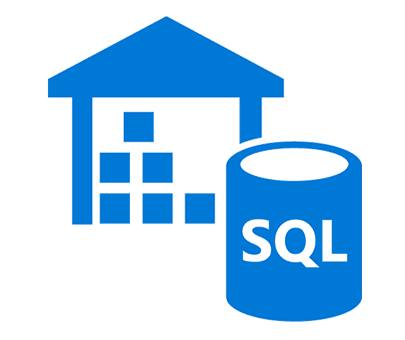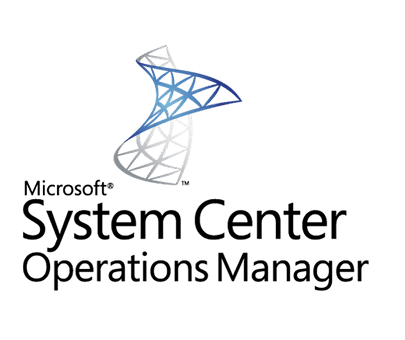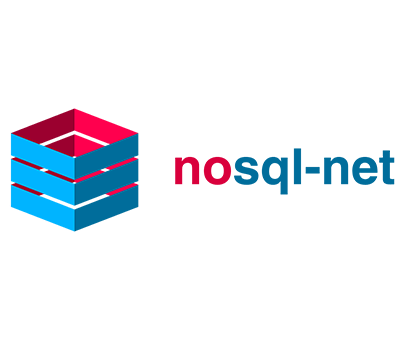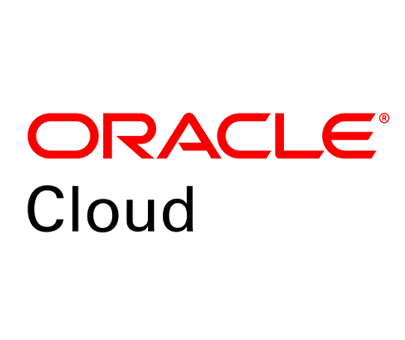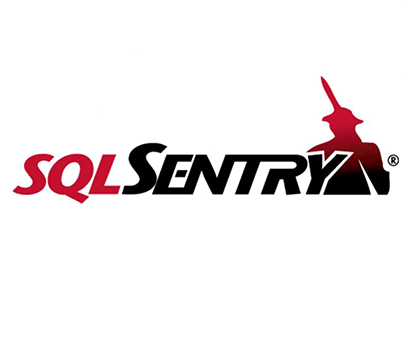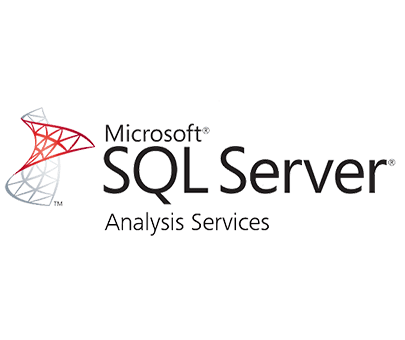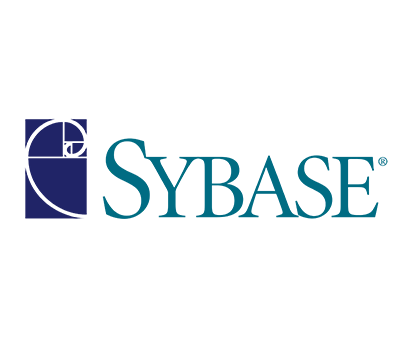GitHub and Azure DevOps Platform Support
Simplify DevOps Management for Seamless Collaboration
GitHub and Azure DevOps are transformative solutions that bridge the gap between development and operations, driving powerful collaboration. Solvaria’s expert DevOps managed services eliminate traditional silos, ensuring that teams—whether coding, testing, or managing repositories—are aligned toward a unified goal.
By leveraging the capabilities of GitHub and Azure DevOps, we accelerate software delivery and improve CI/CD pipelines, making your operations more efficient and responsive. With Solvaria’s DevOps project services, you’re not just managing repositories; you’re fostering a culture of seamless collaboration and continuous improvement, ensuring faster, more reliable, and higher-quality software releases.
Solvaria provides DevOps to support clients in various ways, most notably through:
GitHub and Azure DevOps Platform Support
1. GitHub and Azure DevOps Set up and Configuration
- Provisioning GitHub and Azure DevOps organization and project structure.
- Managing user access via role-based access control, RBAC.
2. Onboarding and Release Management Documentation
- Provide clear, detailed documentation to onboard new team members into CI/CD processes, ensuring they understand pipeline configurations, testing practices, and deployment strategies.
- Create comprehensive release management guidelines that outline procedures for scheduling, automating, and monitoring releases, empowering teams to execute consistent and reliable deployments.
- Standardize documentation for both onboarding and release management to ensure everyone follows best practices, reducing errors and fostering collaboration across teams.
3. Pipeline Setup, Optimization, and Testing
- Design and implement CI/CD pipelines using tools like Azure DevOps Pipelines or GitHub Actions.
- Optimize pipelines for speed, reliability, and resource usage.
- Integrate automated testing frameworks (unit, integration, and end-to-end) into the pipelines.
4. Build and Deployment Automation
- Automate the build process for applications, ensuring consistency, repeatability, and managing build artifacts.
- Automate deployments to multiple environments (development, staging, production), implementing strategies like blue-green deployments, canary releases, and rolling updates.
5. Environment Provisioning and Management
- Use Infrastructure as Code (IaC) tools like Terraform or ARM for automated provisioning of infrastructure.
- Manage and standardize configurations across multiple environments.
6. Continuous Monitoring, Feedback, and Security
- Set up monitoring, alerting, and feedback mechanisms within CI/CD pipelines to catch issues early, with dashboards and notifications.
- Integrate security scanning tools to detect vulnerabilities and ensure compliance with industry standards throughout the pipeline.
7. Repository and Access Management
- Set up and manage GitHub and Azure DevOps repositories, enforce branching strategies, and ensure repository structure follows best practices.
- Manage user access, roles, and permissions with secure authentication methods like MFA and SSO.
8. Code Quality and Compliance
- Enforce branch protection rules, manage code review workflows, and ensure adherence to coding standards.
- Audit repository activities, maintain logs, and ensure compliance with organizational policies.
9. Workflow Automation and Integration
- Create and manage GitHub Actions or Azure DevOps Pipelines for automating tasks like deployments, testing, and notifications.
- Integrate repositories with CI/CD tools and manage webhooks and API connections with other services.
- Enable or provide security via authentication or authorization services.
